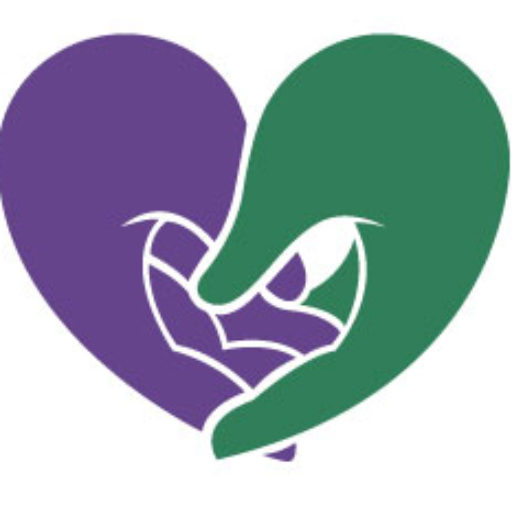
by Rick Davis | May 22, 2023 | Active Surveillance PCa, Advocacy, Blood Cancers, Brain Tumors, Cancer Caregivers, Cancer Resources, Health Resources, hospice and palliative, mCRPC, Men's Breast Cancer, mHSPC, Multiple Sclerosis, nmCRPC, Ovarian Cancer, Pancreatic Cancer, Prostate Cancer, Recent News, RMC, Sarcoidosis, Thyroid Cancer, Women's Breast Cancer
ICE Checklist … in case you go cold!
Last month’s Under 60 Stage 3 & 4 Prostate Cancer meeting was small, intimate and produced a true gem from Down Under to benefit all AnCan’rs …
For the life of me, I forget what raised the topic … maybe a Death with Dignity discussion – but Aussie AnCan’r, Steve Cavill told us about the ICE “In Case of Emergency” Checklist Document that he and his wife Leonie, who occasionally attends our Care Partners Group, have both completed. Steve and Leonie reside in the suburbs of Melbourne and are currently heading towards mid-Winter.
This ICE Checklist takes much, if not all, the difficulty out of placing your key information in one place. Like your vital passwords to your laptop, phone or bank accounts; names of key individuals in your life and more. You know .. all that information making it possible for someone to piece your life together if you’re suddenly no longer with us.
Frankly it’s information we should all compile no matter how old. With this checklist guide at hand to march us through it, there can be few excuses. Just remember, this version of the ICE checklist was created in Oz, so it may not be fully applicable Stateside. If one of our US volunteers has time to ‘Americanize’ it, I feel sure it will be greatly appreciated – we have very few solicitors in the US and a few too many attorneys!
Here’s the checklist document in Word format ICE Document Template Now do your part …. and a BIG THANK YOU, Steve Cavill!!
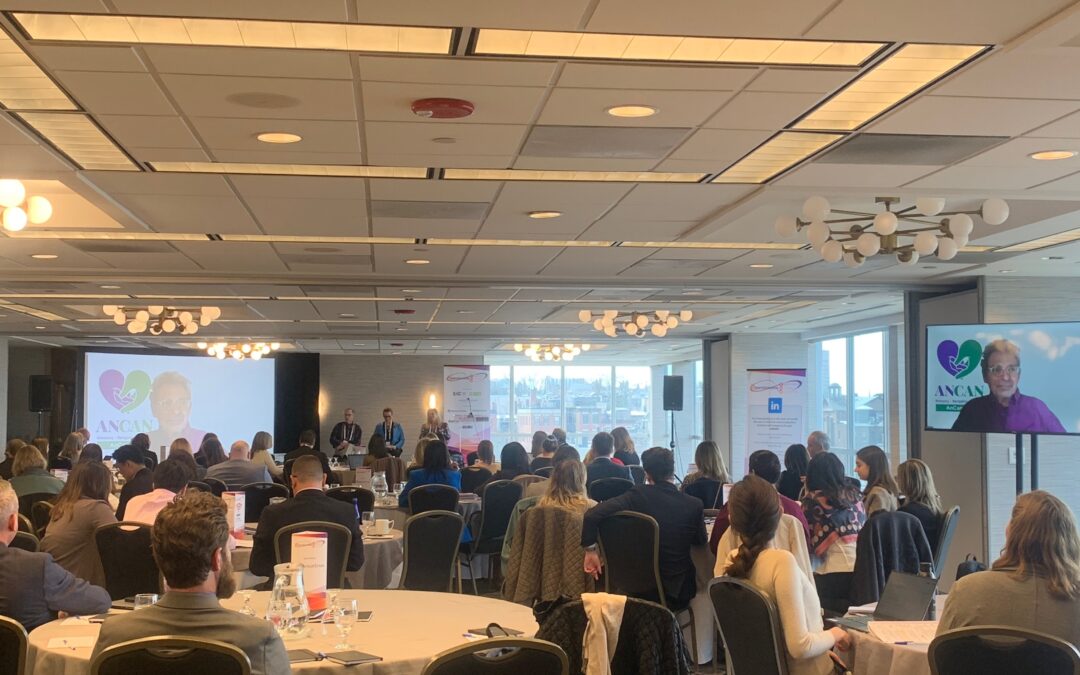
by Rick Davis | Mar 29, 2023 | Advocacy, Blood Cancers, Brain Tumors, Cancer Caregivers, Cancer Resources, mCRPC, Men's Breast Cancer, Ovarian Cancer, Pancreatic Cancer, Prostate Cancer, Recent News, RMC, Sarcoidosis, Thyroid Cancer, Women's Breast Cancer
AnCan VIRTUALLY speaks to Extended Access Programs!
When AnCan Advisory Board Member, Jeff Waldron asked us to participate in a pharmaceutical industry Conference on Expanded Access Programs (EAP) in Boston at the end of March, we were only to happy to amplify the patient voice.
A couple of background factors. For those of you not aware, EAP is the name given to programs that allow needy patients access to groundbreaking drugs that have not yet received regulatory approval – in the US case, by the FDA. All of our guys who received Pluvicto (Lu177 PSMA 617) through ‘Managed Access’ last year were actually enrolled in a form of EAP. As you may recall, when the FDA approved Pluvicto, the Managed Access Program ceased to exist and patients were rapidly transferred to commercial providers.
Our good friend, Jeff Waldron, has a back ground working with both Payers and Pharma. He is one of our most well-connected Advisors, and for the past 3 years, has organized an international EAP Conference. All but the smallest pharmas have an EAP. The past two years conferences were virtual, but this year it was held live in Boston from March 21-23.
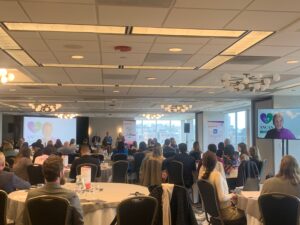 Rick Davis attended virtually on behalf of AnCan to participate in a panel moderated by Jeff entitled,“Closing the Gap of How We Reach Patients”. Ours was the sole direct patient particpation in the 2-day proceedings, and one thing was for sure – they couldn’t miss ‘rd’ as you’ll see from the photgraph alongside. Live feedback was very positive, especially from hearing the difficulties patients encounter. Perhaps the single exception.was a senior drug executive from a pharma with whom AnCan works closely. She presented for 25 minutes immediately before the Panel, finally mentioning patients in her closing sentence. When Rick pointed that out, she was none too pleased.
Rick Davis attended virtually on behalf of AnCan to participate in a panel moderated by Jeff entitled,“Closing the Gap of How We Reach Patients”. Ours was the sole direct patient particpation in the 2-day proceedings, and one thing was for sure – they couldn’t miss ‘rd’ as you’ll see from the photgraph alongside. Live feedback was very positive, especially from hearing the difficulties patients encounter. Perhaps the single exception.was a senior drug executive from a pharma with whom AnCan works closely. She presented for 25 minutes immediately before the Panel, finally mentioning patients in her closing sentence. When Rick pointed that out, she was none too pleased.
So what did we say. The take- away points for pharma were:
- Publcize your EAP in a way that is understandable and accessible to and for patients
- Provide support to the patients’ medical team filling out the paperwork to help eliminate that as a hurdle to access
- Respond quickly so patients are not hanging out waiting to hear if they can access the EAP drug
- Be sure trialled drugs are available to patients benefitting from their use, if the trial is stopped and the drug has not been approved.
AnCan’rs – just another example of how we ensure your voice is being heard … we have your back!
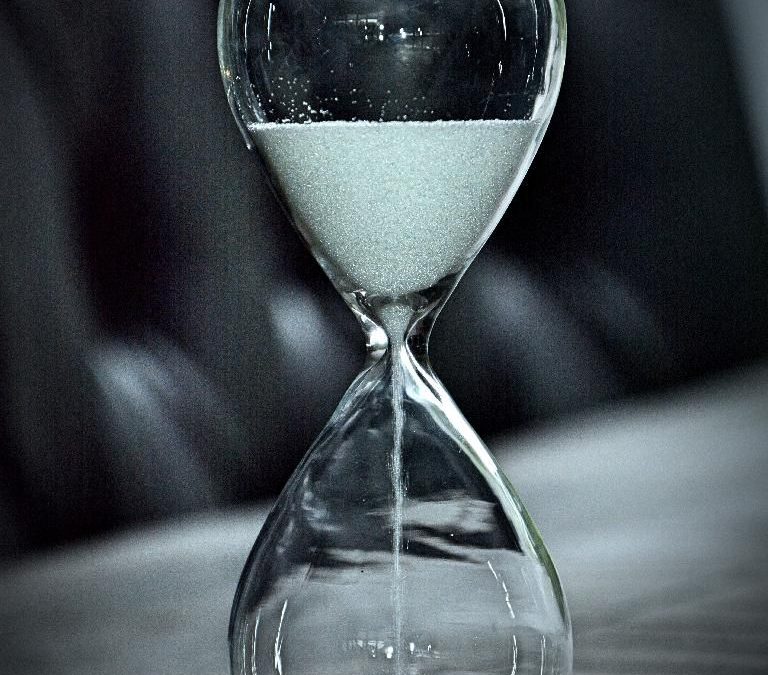
by Rick Davis | Apr 21, 2022 | Advocacy, Blood Cancers, Brain Tumors, Cancer Caregivers, Cancer Resources, mCRPC, Men 'Speaking Freely', Men's Breast Cancer, Multiple Sclerosis, nmCRPC, Ovarian Cancer, Prostate Cancer, Recent News, Sarcoidosis, Thyroid Cancer, Women's Breast Cancer
Time Toxicity raises thoughts …
 Some may have read the excellent ediorial written by Moderator Ben Nathanson in a recent High Risk/Recurrent/Advanced Prostate Cancer Reminder. Ben explains ‘time toxicity’ … a concept that effects many living with serious disease. If you missed his musings, here they are again:
Some may have read the excellent ediorial written by Moderator Ben Nathanson in a recent High Risk/Recurrent/Advanced Prostate Cancer Reminder. Ben explains ‘time toxicity’ … a concept that effects many living with serious disease. If you missed his musings, here they are again:
Treatment that gives us time to live demands time in return. It drags with it scans, blood work, drives to the hospital, doctors running late, computers down, battles with insurance. Part of our gained lifetime is lost in dead time.
Toxicity is always in the cancer mix. Financial toxicity has become part of the conversation alongside physiological toxicity, and time toxicity — time lost in an effort to gain time — is joining it.
In a thoughtful 2018 essay, physician Karen Daily notes “Much of our patients’ time investments remain invisible to clinicians.” This year, in ASCO’s lead journal, three physicians have taken up the challenge, proposing that clinical trials, when reporting overall survival, distinguish between “Days with Physical Health Care System Contact” and days the patients actually own — “Home Days.” This a new idea only in cancer, say the authors — cardiology and other fields already make these kinds of measurements.
When medicine’s best offer is a handful of months, we face difficult choices. Time toxicity casts a shadow over both survival time and quality of life. As we try to balance days added against side effects, it would be good to know how much of the time we’re gaining will be ours to spend.
Reading Ben’s thoughts prompted one of our regular participants to write a reply to us both that touched me to the core. I asked if we could reprint that too, and was graciously given permission on condition of anonymity. Here it is!
Ben, thanks for the article on “time toxicity” in the (recent) meeting announcement. It identifies an important consideration for all to think about in the fight vs. cancer and from my personal experience an impact that changes over time. Your write-up got me to thinking and pushed me to a holistic realization that this is basically an investment decision with expected returns.
For the prostate component of my cancer fight (now 17 years and counting), I did not think about the time investment in the first 14 years that I (and family members) were making to “do battle” (eg lab work, appointments with doctors, scans, treatments, family meetings, insurance challenges and personal downtime / reduced effectiveness in work due to treatment, etc.), It was a “no-brainer” decision and I never considered the tradeoff as the benefits for the opportunity to “continue to live life” due to treatments as my “life” returns were overwhelmingly positive vs.the “investment” required to do battle.
Having retired three years ago and simultaneously entering a new phase of my cancer fight I am aware of the increased time I (and family members) now spend on cancer treatment yet obtaining reduced time for life (and quality of life). I’m now spending significantly more time at Doctors appointments, treatments and longer periods of time post treatment feeling the physical effects of treatment and have begun to recognize I’m going to hit a point where this equation gets out of balance….and I’m not equipped with a decision model to manage that occurrence. Given my personal nature is to grind on stuff (I can make it work, give me time and let me try!) — I’m likely to blow right past the point of equilibrium where time toxicity and balance of life toxicity begin to get out of hand. For much of the first 14 years of my cancer fight I practiced a very large (and for me, healthy) dose of self-denial that I was dealing with prostate cancer. I was able to keep the cancer part of my life cordoned off, did not have significant residual time spent thinking / worrying / etc. about the disease and lived life to the max both personally and professionally. Now, in the last three years I am finding growing quantities of “thinking time” consumed by the disease and also sucking family members…. wife and children….deeper into the cancer battle as discussions / time encroach on them as well increasing the cost of investment (time) in the battle vs. cancer.
Prostate cancer is my second cancer fight, Ten years prior to the prostate cancer diagnosis I was diagnosed with a rare leukemia (rare as it was diagnosed in a limited number of folks (~2,000 / per year in the United States) and was usually fatal shortly after diagnosis as there were no lasting treatments until about 4 years prior to my diagnosis. As a freak outcome of scientific research a drug treatment was developed; the drug was intended for another cancer that had a much larger annual incidence of new cases; the drug was not effective on the targeted cancer but it was very effective on the rare leukemia. And at the time the treatment protocol was 7 days of continuous drip via a small pump one wore around the waist as an outpatient; minimal side effects; and if the first treatment didn’t work a second round was almost guaranteed to work. Talk about lucky! There was no way research funds would have been spent on this cure except by accident — which was exactly the case. The time toxicity for me in my first cancer battle was non-existent and I believe has indirectly helped me in the prostate cancer fight by giving me a dose of optimism and coping skills.
I think the topics raised by both of you….including Rick’s statement on treatment longevity results are important for the group to consider. These are relevant points of management in the cancer battle that I haven’t seen addressed by my oncologists (except one) nor psychologists and psychiatrists that I’ve also used in my treatment.
Editor’s Comment: In the original Reminder, I responded to Ben’s comments by adding one of my own. I pointed out that frequently Overall Survival benefits were shorter than might be expected because trials are often run on patients at a very late stage of their disease. This caveat should be considerd when we see the FDA reporting short life extension, sometimes as few as 2 or 3 months, for newly approved drugs.(rd)
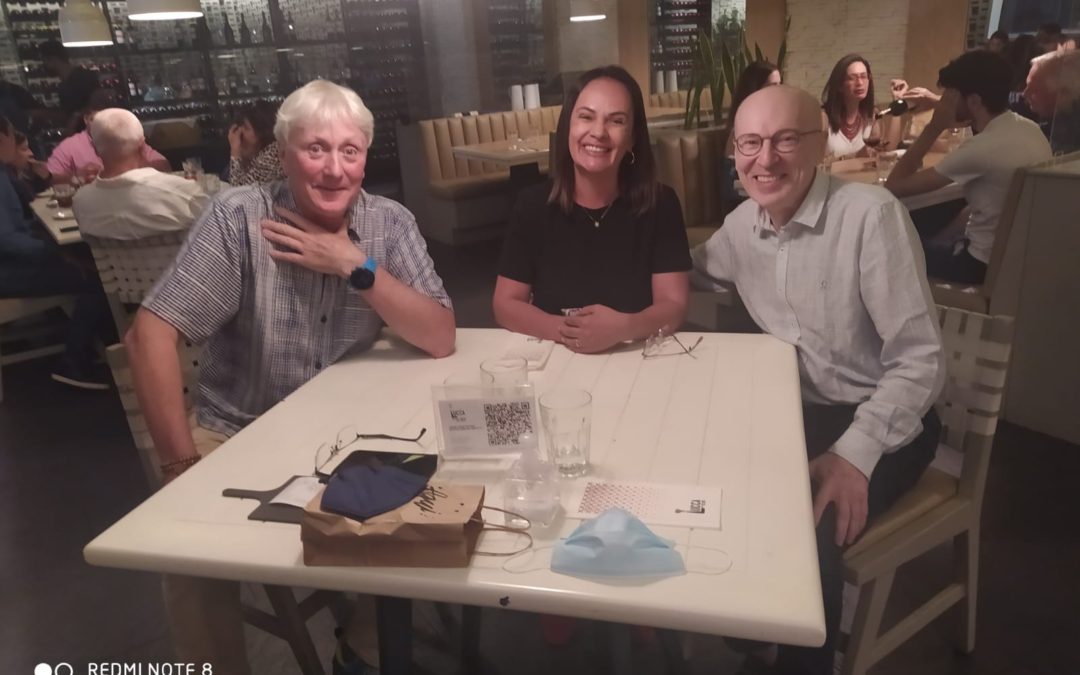
by Rick Davis | Dec 9, 2021 | Cancer Caregivers, Cancer Resources, mCRPC, Men 'Speaking Freely', Multiple Sclerosis, nmCRPC, Ovarian Cancer, Prostate Cancer, Recent News, Sarcoidosis, Thyroid Cancer, Women's Breast Cancer
AnCan Participants meet in Panama ……
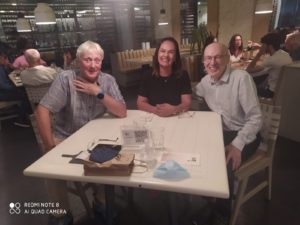 Nothing makes me, as AnCan’s Founder, happier than when our participants meet each other. Over 30% of our respondents said they made friends outside the groups, earlier this year.
Nothing makes me, as AnCan’s Founder, happier than when our participants meet each other. Over 30% of our respondents said they made friends outside the groups, earlier this year.
New friends got made across international borders and they didn’t even have a condition in common!! . Mark Horn (on right) lives with metastatic bladder cancer for which AnCan does not as yet have a group. I have been supporting him personally and we keep in touch. Mark usually resides in Princeton, NJ but was on a trip to Panama to visit with his fiancee, Kalina, who lives in Brazil.
We had just seen Wang Gao Shan (on left) in our high risk/recurent/advanced prostate cancer group on Monday night, and I guessed he was in Panama too – since he could not be inTaiwan because of the time differnce and I did not think he was in Portland, OR. Gao Shan resides in one of those three sposts.
So I suggested that Mark and Kalina email Gao Shan as I didn’t have his phone number. Sure enough, there was an immediate response and last nifght, as you all see, they met for dinner in Panama City. Now I had never seen Gao Shan so I was as surprised as Mark. The story behind Wang Gao Shan’s Chinese name is for him to tell – I can just tell you that it means King of High Mountains … and that I am truly happy they got together!
And to boot, it turns out that both lived on a long street in London that runs through my teenage stomping grounds but they weren’t neighbors – that would have been too much!
Onward & upwards …..
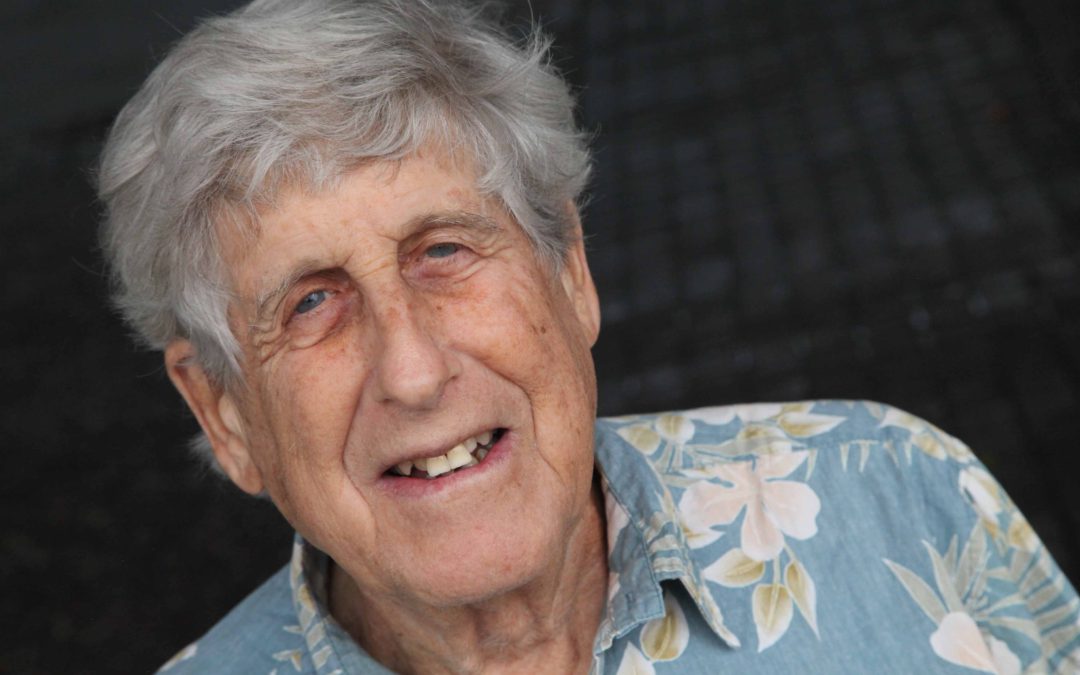
by Rick Davis | Oct 24, 2021 | Advocacy, Blood Cancers, Cancer Caregivers, Cancer Resources, mCRPC, Men's Breast Cancer, Multiple Sclerosis, nmCRPC, Ovarian Cancer, Prostate Cancer, Recent News, RMC, Sarcoidosis, Thyroid Cancer, Women's Breast Cancer
‘BEING’ YOUR OWN BEST ADVOCATE
A few very important words from one of senior moderators, Peter Kafka! (rd)
We often stress the importance of “being one’s own best advocate” at our online AnCan support gatherings. After several recent personal experiences and hearing about others I thought it might be appropriate to add another word to this maxim, and that would be “vigilant”.
All too often I have noticed that I can get complacent when dealing with routine medical appointments and assume that the professionals I am working with are focused and have my best interests front and center. But like me, my medical team are human and can make mistakes and assumptions that are wrong.
Earlier this week I was at a lab I had been to many times before to get my monthly blood tests. The tech was new, but I had filled out the orders online when making my appointment and had my doctor’s standing order with me. I had my sleeve rolled up and the tech was getting ready to unwrap the needle to jab me when I noticed that she only had one test tube out for sampling. I questioned this because I usually fill three or four. She said; “We’re just doing hemoglobin, right?” “No!” I replied, pulling out my previous month’s results from the notebook on my lap. “We’re doing CBC’s, Hepatic, PSA, Testosterone and more.” She retreated into the back room to consult with her supervisor and both reappeared with an apology and proceeded with the whole enchilada.
I was reminded of another occasion when I was in the hospital for a day or two after surgery from a broken femur. Looking up from my hospital bed I saw the notation on the white board that I was listed as a diabetic. No wonder my meal was so bland. Turned out that just because I was taking Metformin as a pharmaceutical for my prostate cancer their assumption was that I was diabetic. I had to straighten out their confusion.
Over the years I have learned that I need to be on “high alert” when undergoing any medical procedure, routine or otherwise. Mistakes are all too easy to make. Some might be inconsequential, but others can have serious implications. In this time when getting inoculations for covid-19, seasonal flu, shingles or other shots down the street at the local pharmacy it is doubly important to stay vigilant. Yes, these professionals are all too careful to make sure that our names and date of birth are correct on the orders and labels, but what about the injected drug or prescription? I bet that many of us have stories to tell.
So, keep your eyes open, stay vigilant, and ask questions. “Being one’s own best advocate” requires us to step up and get involved so that we understand and know the twists and curves of our medical journey even if it seems to be uncharted territory. It is our journey after all.
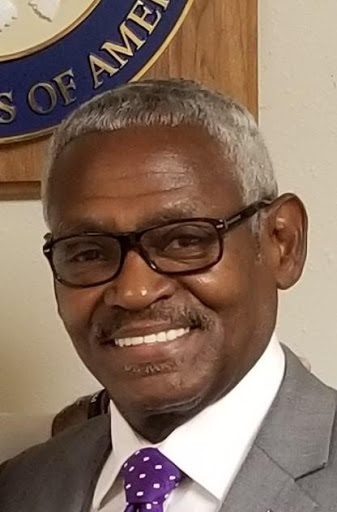
by Alexa Jett | Oct 7, 2021 | Recent News, Sarcoidosis
AnCan is deeply saddened to hear about the loss of Rodney Reese, a tireless advocate for Sarcoidosis and moderator for AnCan’s Sarcoidosis group. We send our love to the family, friends, and entire community during this difficult time. In honor of Rodney, fellow moderator Frank wanted to share a little bit more about this incredible man. Thank you, Rodney! May his memory be a blessing to all.
I am going to preface this by saying this is one of the hardest things I ever wrote before. On Saturday we lost a great advocate but more importantly we lost an even greater man. Rodney Reese was so many things to so many people that knew him. He was a husband, father, son, brother and most important to him he was a grandfather. He always talked about his family.
For those in the Sarcoidosis Community that didn’t know him he should have touched you for the things he stood for and his actions for the Sarcoidosis Community. He was always thinking about how he could help someone or how he could make it better for those who couldn’t help themselves. Rodney always had this great presence when he walked into a room. You always knew you were with a very educated calm force. He always showed that grace, charisma, and had a charm that you were always drawn to.
Now Rodney to me was so much more. He was one of my best friends. He was my brother. We have been talking online for about ten years. We finally met physically at our first FSR Ambassador training with the original 15. We met and right away we hit it off. That is being mild about it. We were brothers right away. We talked during dinner, then some of us went to the hotel upstairs bar, we talked some more. Okay when I say some more we talked until the bartender said last call and our wives called us. We looked at our watches and saw it was after 4am. We had no idea of time. Nobody would have thought we just met for the first time. It was just that easy! But that is Rodney Reese! The next day we paid for it because we had a full day of training on maybe 2 hours of sleep. Did we care? No. We were there to meet others as well as learn.
Rodney was someone who would give me a calm feeling, as you all know I can be a bit “in your face, hothead at times.” He always knew what to say to get a smile out of me when I was going off about something. He also knew when it was time to let go as well and join me on my tirade. We worked hard and loved hard when it came to our advocating. I knew if I came up with an idea no matter how crazy or how quick I wanted to get it done. He would always say to me “I am in. You can count on me. Just tell me what you need me to do.” Every time I needed him; he was there. Even if he wasn’t feeling well, he would let me know he could do only a little bit, you could tell he felt bad about it. It didn’t matter to me if he did a lot or nothing at all, what mattered to me was that he approved. He was my mentor, that was unsaid, but I hope he knew he was. He always said, “How did I have the energy to do what I did?” He was very quick to give me a compliment. Like I said he knew how to make you feel better.
The second year there was another Ambassador who joined us, Paul Dickerson, an amazing man as well. Paul, Rodney, and I hit it off so well. People started to call us the Three Amigos. We hung out together at the training and even went out afterwards. The three of us would keep in touch. At that time, I wasn’t doing that well health wise and having those two positive people always made me smile. All three of us would call each other to see how we were doing. It wasn’t just a wellness check either, we would talk to each other for over an hour at least. But we never hung up the phone without saying “Love you brother.” Paul started that, but all three of us meant it.
In 2018, I was going through many health issues even being told I was terminal. It was those two brothers that helped me so much mentally to fight for my life.
Then in May 2018, Paul passed away. That was so hard for the two of us. Rodney and I talked that night for well over an hour. One thing we kept was “I love you brother.” You see Paul’s death hit both of us real hard. It was like losing a family member. I remember us talking about how we had to work harder to help others. We bonded even more after Paul passed, if that is possible.
We went through so much together as advocates. In August 2019, I remember calling him with another “great idea” I had. I remember saying to him” How about we start an online support group, for those patients, caregivers, and family members who couldn’t go to a face-to-face meeting or didn’t have one near them.” Once again Rodney says, “Sounds great when do we start?” Little did we know what was coming. We started the support group in November 2019. It kicked off and was amazing, still is going.
Then the pandemic hit…. In March 2020 we got hit with the pandemic. I got COVID in mid-March. Rodney and others stepped up. It was a tough time for me, but Rodney was calling checking up on me.
Then when I was getting better, something else happened…. George Floyd, Breonna Taylor, Ahmaud Arbery and others, and the protests. Well, that hit Rodney real hard, and he decided to stay away from the support group, as did others. I remember calling him and I never heard him so mad before in any of our earlier conversations. I just remember my heart went out with him. I felt so bad, and I thought there was nothing I could do to help ease his pain. I knew and felt his pain. I then made my usual quick idea, yet again. “Hey Rodney, why don’t we do a forum about Civil Justice or In-Justice? He was all for it. He jumped in as much as I did. He introduced me back with Bernie Mac Foundation, he also was able to bring on extra people on the panel. He did so much for that first forum and two after even being part of the panels and stepping in to moderate one of the forums for Mental Health and Social Justice. Not once did he want any credit for any of these forums. He put all the emphasis on me and what I did, but not once did he talk about how much he did to make sure these went off well.
You may ask why I made this dedication so long? Well, you all needed to see the Rodney I and many others like me knew.
He was an amazing man. He was a caring, loving man. He was a Brother to me!
The last time I spoke to him was the second day he went into the ICU. I am not even sure Harriet knew this. He said he had to beg and bribe the nurse to call me. He was on full oxygen, but he was still asking me how I was doing. He told me he was going to fight hard and tried to reassure me he was fighting as hard as he could. He wanted to make sure I was doing fine.
You see, that is what Rodney is and was. Always there, always caring, always Rodney! I am sad that Rodney is no longer with us. Well, that is an understatement. I am devastated. But I can hear Rodney telling me, “Come on, you know better, what is next?”
Rodney you may be gone, but you will always be with me. I know when I have the next idea you will be saying, “what do you need?” You will always be here. You will always be in my heart trying to calm me down again.
Rodney, “I Love You Brother!” I will keep the legacy of the Three Amigos going and forever trying to improve this community!


 Rick Davis attended virtually on behalf of AnCan to participate in a panel moderated by Jeff entitled,“Closing the Gap of How We Reach Patients”. Ours was the sole direct patient particpation in the 2-day proceedings, and one thing was for sure – they couldn’t miss ‘rd’ as you’ll see from the photgraph alongside. Live feedback was very positive, especially from hearing the difficulties patients encounter. Perhaps the single exception.was a senior drug executive from a pharma with whom AnCan works closely. She presented for 25 minutes immediately before the Panel, finally mentioning patients in her closing sentence. When Rick pointed that out, she was none too pleased.
Rick Davis attended virtually on behalf of AnCan to participate in a panel moderated by Jeff entitled,“Closing the Gap of How We Reach Patients”. Ours was the sole direct patient particpation in the 2-day proceedings, and one thing was for sure – they couldn’t miss ‘rd’ as you’ll see from the photgraph alongside. Live feedback was very positive, especially from hearing the difficulties patients encounter. Perhaps the single exception.was a senior drug executive from a pharma with whom AnCan works closely. She presented for 25 minutes immediately before the Panel, finally mentioning patients in her closing sentence. When Rick pointed that out, she was none too pleased.
 Some may have read the excellent ediorial written by
Some may have read the excellent ediorial written by 
 Nothing makes me, as AnCan’s Founder, happier than when our participants meet each other. Over 30% of our respondents said they made friends outside the groups, earlier this year.
Nothing makes me, as AnCan’s Founder, happier than when our participants meet each other. Over 30% of our respondents said they made friends outside the groups, earlier this year.
